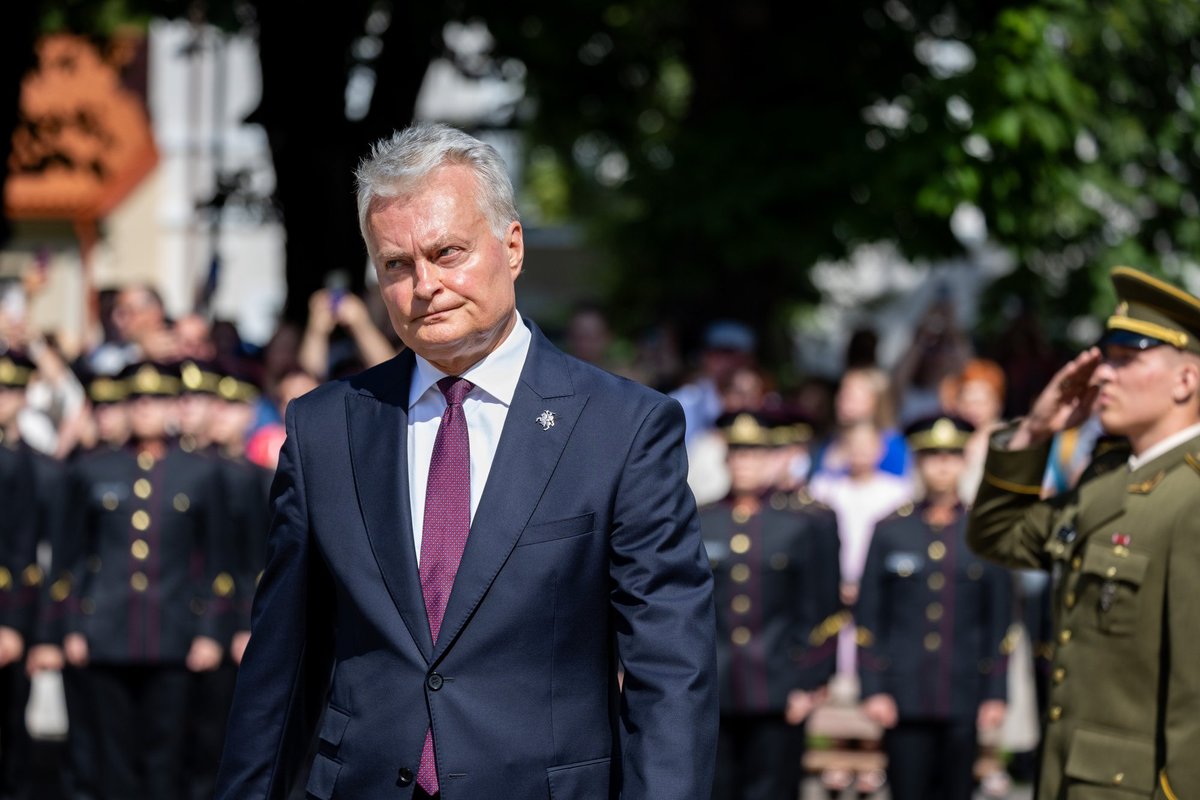The meeting addressed bilateral economic relations, defence funding, Lithuania-Germany cooperation within the European Union and NATO, support for Ukraine, and key priorities for negotiating the next EU multiannual financial framework.
President Nausėda thanked Germany for its leadership in strengthening collective security along NATO’s eastern flank. He stated that the decision to permanently station a German brigade in Lithuania is of historic significance for both nations and noted that implementation of this decision is moving forward swiftly.
The president also underscored Lithuania’s readiness to significantly boost defence spending: next year, 5.25% of GDP will be allocated to defence – a trajectory expected to continue through the 2026–2030 period. He underlined the strong potential for cooperation in the defence industry, with one notable example being the upcoming construction of an ammunition factory in Lithuania by the German company Rheinmetall AG.
Regarding the 2028–2034 EU multiannual financial framework, the president stressed the importance of investments in military mobility, the EU defence industry and critical infrastructure projects. He also expressed concern about decreasing allocations for cohesion and agricultural policies, underscoring the need to ensure sufficient financial support for EU border states facing heightened challenges.
The president thanked Germany for its significant contribution to the Ukraine Demining Capability Coalition and for supporting the transfer of Patriot missile systems to Ukraine. He emphasised the need to continue pursuing ways to use frozen Russian assets for Ukraine’s benefit and to ensure long-term financing through a new Ukraine reserve within the EU budget.
President Nausėda also highlighted the strong economic ties between Lithuania and Germany, noting that Germany is Lithuania’s largest trading partner in Western Europe and its top foreign investor. He invited more German banks to enter the Lithuanian market and pointed to promising areas for future cooperation, including life sciences, renewable energy and semiconductors.
